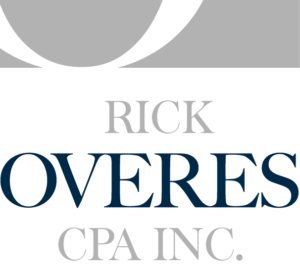American expats in Canada who sell their house might face IRS taxes
Americans residing in Canada may not realize the extent to which the U.S. government’s tax-filing rules for non-resident citizens hit home.
This post was created by ROB CARRICK of The Globe and Mail & Published
There’s been a lot of attention in recent years on how U.S. citizens in Canada are being targeted by the Internal Revenue Service. Lost in all the commotion is a little known, long-standing rule concerning houses: If Americans living in Canada sell a house for a gain of more than $250,000 (U.S.) per taxpayer, they must pay capital gains tax on it.
The single greatest tax advantage we have in Canada is arguably that we can sell a house tax-free as long as it’s a principal residence. Americans get a tax deduction for the home mortgage interest they pay, but they may also face a capital gains tax when selling a house at a profit. This applies in both the United States, and Canada.
“I call it a hidden tax – nobody knows about it,” said Larry Jacobson, a Vancouver-based registered financial planner (RFP) with Macdonald Shymko & Co. who recently advised a client, a U.S. citizen, on the sale of a home owned by him and his wife. “He fell off his chair,” Mr. Jacobson said in describing the client’s reaction to a six-figure tax bill owed to the IRS (in U.S. dollars). “He said it puts a real damper on his retirement plan.”
An estimated one million U.S. citizens live in Canada. If you’re one of them you will want to read the full article American expats in Canada who sell their house might face IRS taxes



